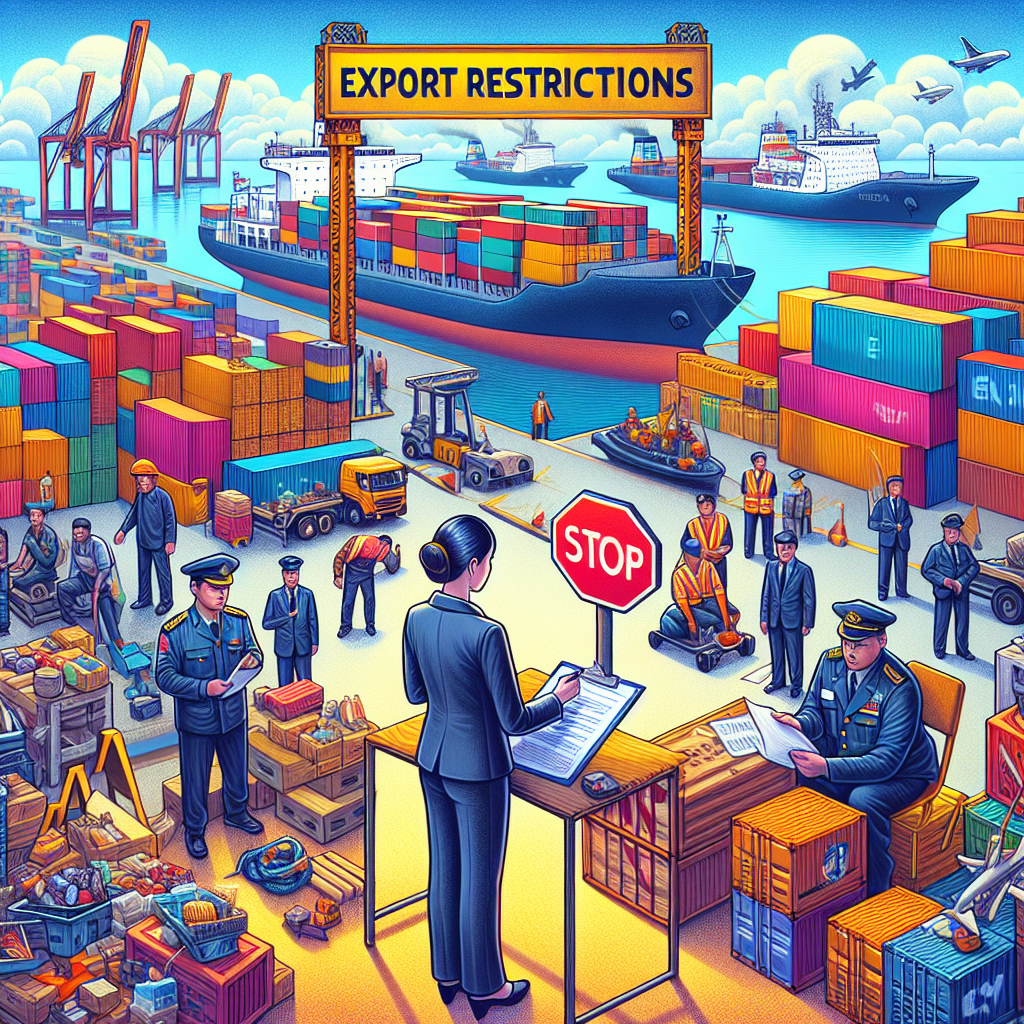RoDTEP Benefits Restored for AA, EOU, and SEZ Exporters from June 2025
RoDTEP is WTO-compliant, replacing the earlier Merchandise Exports from India Scheme (MEIS), which faced challenges under global trade rules.

- Country:
- India
In a strategic move aimed at reinforcing India’s position as a competitive global exporter, the Government of India has officially reinstated Remission of Duties and Taxes on Exported Products (RoDTEP) benefits for exporters operating under the Advance Authorization (AA) scheme, Export-Oriented Units (EOUs), and Special Economic Zones (SEZs). The renewed benefits will apply to all eligible exports made on or after 1st June 2025.
This decision is a significant policy turnaround and reflects the government’s sustained commitment to equitable trade facilitation, export promotion, and the pursuit of WTO-compliant incentives for Indian exporters.
A Level Playing Field for All Exporters
Earlier, RoDTEP benefits for AA, EOU, and SEZ exporters were available until 5th February 2025, after which they were put on hold, raising concerns across industry bodies and trade associations. The reinstatement of these incentives from June 2025 restores parity between Domestic Tariff Area (DTA) exporters and those operating under special schemes, allowing exporters across the board to operate on equal financial and regulatory footing.
The move is expected to especially benefit high-value manufacturing sectors, pharmaceuticals, engineering goods, electronics, and textiles, many of which operate from SEZs or under export promotion schemes like AA and EOUs.
What is RoDTEP?
Launched on 1st January 2021, the RoDTEP scheme is designed to reimburse embedded duties, taxes, and levies incurred in the production and export of goods that are not refunded under other existing schemes such as GST or Duty Drawback. These include state and central levies on fuel, electricity, logistics, mandi taxes, etc.
RoDTEP is WTO-compliant, replacing the earlier Merchandise Exports from India Scheme (MEIS), which faced challenges under global trade rules. The scheme uses a fully digitalized platform that ensures transparency, traceability, and automated disbursal of rebate amounts to eligible exporters via a duty credit scrip system.
Massive Disbursement and Budget Allocation
As of 31st March 2025, total disbursements under the RoDTEP scheme have crossed Rs. 57,976.78 crore, signaling its central role in bolstering India's merchandise exports. For the Financial Year 2025–26, the government has earmarked Rs. 18,233 crore under the scheme—an increase aimed at broadening the support base and accommodating a surge in applications following the reinstatement of benefits for the special categories.
The newly announced coverage will span:
-
10,780 Harmonized System (HS) lines for Domestic Tariff Area (DTA) exports
-
10,795 HS lines for AA/EOU/SEZ exports
This extensive tariff line coverage ensures that a vast spectrum of India’s export sectors—ranging from MSMEs to large enterprises—stand to gain.
Industry Reaction and Strategic Implications
Industry associations have welcomed the move, stating it would help mitigate the cost disadvantage faced by Indian goods in international markets due to unrecovered domestic taxes. Exporters from SEZs and EOUs in particular had lobbied for the revival of the scheme, arguing that their global competitiveness was compromised in the absence of RoDTEP support.
Policy experts have also noted that the decision reflects India’s calibrated strategy to comply with global trade rules while safeguarding the interests of its exporters. It enhances the predictability of India’s trade policy and signals regulatory stability, both of which are crucial for attracting foreign investment into export-centric production units and manufacturing hubs.
Toward a Resilient and Competitive Export Ecosystem
The restoration of RoDTEP benefits for AA, EOU, and SEZ exporters is a critical policy enabler in India’s journey to becoming a global manufacturing hub and achieving its $2 trillion export target by the end of the decade. It reaffirms the government’s proactive stance in listening to industry concerns and adapting policies for maximum impact.
By ensuring that all exporters—irrespective of their operational framework—can access duty and tax remissions, the government has demonstrated its commitment to creating a level, supportive, and forward-looking export environment.
The forthcoming months are expected to see increased engagement between the Ministry of Commerce, the Directorate General of Foreign Trade (DGFT), and stakeholders to ensure smooth implementation of the revised RoDTEP framework and expand its reach.










